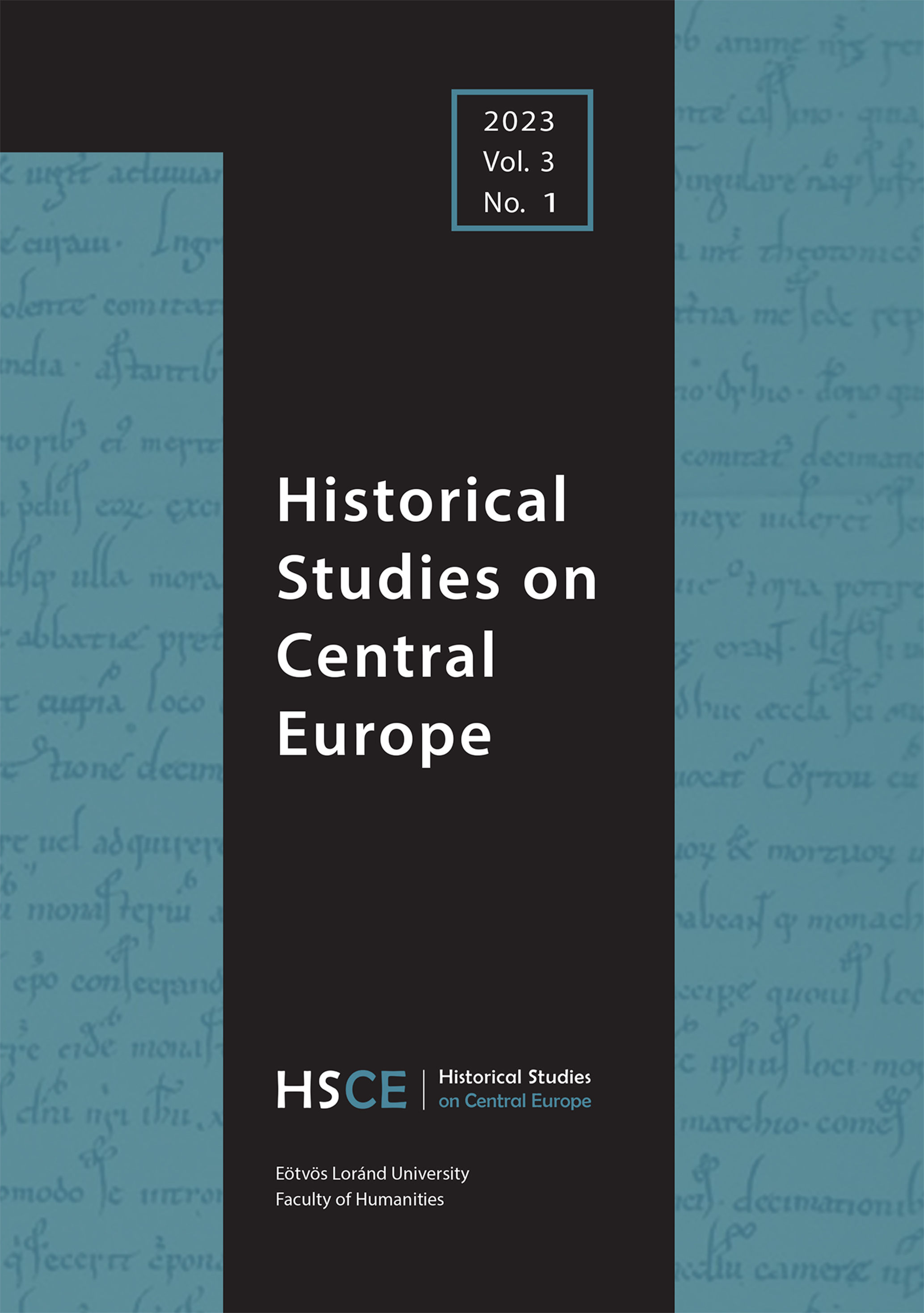The “Slovak Buddenbrooks”: Three Generations of the Makovický (1850–1945) and Pálka Family (1850–1921) from the Perspective of Economic Nationalism
Published 31-07-2023
Keywords
- Slovak entrepreneurial dynasties, Pálka and Makovický families, economic nationalism, comparison with Baťa, business philosophies, philanthropy
How to Cite
Copyright (c) 2023 Roman Holec

This work is licensed under a Creative Commons Attribution-NonCommercial 4.0 International License.
Abstract
Rich banks and rich businesspeople were and still are the showcase of every nation, and the titular business-oriented families combined doing business with the tools of economic nationalism, as well as their love for art with the support of Slovak and Czech painters. The behaviour of the Slovak business elites of rural origin and from smaller towns was influenced by various stimuli (the example of contemporary cities, the way of life and behavioural strategy of the nobility, foreign influence, and the wish to obtain noble status), and they obtained a civic character only gradually.
The most important Slovak family banking and business house was created by members of the Makovický family. The Makovický family financially supported the national movement and all the Slovak national societies, too. On the other hand, no public activity, according to the Makovický family, could produce a loss. It was unclear where ethical idealism and material altruism began and ended.
One part of the current text explores the original business philosophies of two prominent individuals who are often associated with the families: Slovak Ján Pálka (a member of the tanning dynasty) and the famous world-class Moravian manufacturer Tomáš Baťa. Although they were both involved in leather processing, their environments were characterised by different cultures, traditions and opportunities. Jan Pálka drew on various socio-philosophical and Utopian sources and relied on idealistic principles. In the spirit of economic nationalism, he strove to incentivise his workers to increase production efficiency by sharing the ownership of his factory and its profits in his own and the national collective interest. He went bankrupt and was, along with his theoretical model, relegated to the role of an admired visionary. In contrast, Tomáš Baťa was inspired by the American experience and the ideological impulses of Italian fascism. Even by 1914, he had pragmatically abandoned the use of all tools of economic nationalism and attempted to get as many state commissions as possible.
The continuity of many similar businesses and their representatives was either disrupted by the totalitarian decisions of the powerful during World War II or shortly after at the hands of the Communists.


